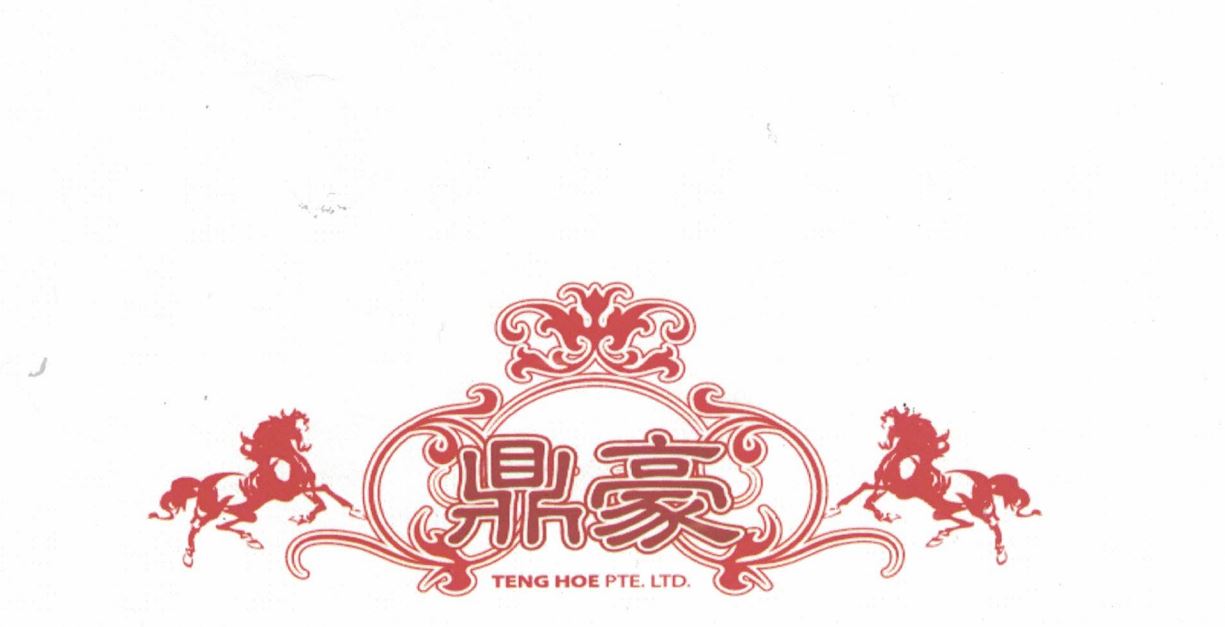1. Manage Daily Operations: Oversee and manage daily operations of the food production process to ensure efficient and timely production.
2. Quality Control: Implement and maintain strict quality control measures to ensure all products meet company and regulatory standards.
3. Inventory Management: Monitor and manage inventory levels, ensuring raw materials are available when needed and minimizing waste.
4. Staff Supervision: Supervise, train, and mentor production staff, ensuring they adhere to safety and production protocols.
5. Process Optimization: Continuously evaluate and improve production processes for efficiency, cost reduction, and quality enhancement.
6. Regulatory Compliance: Ensure all production activities comply with health, safety, and food safety regulations, including HACCP and other relevant standards.
7. Equipment Maintenance: Coordinate regular maintenance and repair of production equipment to minimize downtime and ensure operational efficiency.
8. Production Planning: Develop and implement production schedules to meet demand while optimizing resource utilization.
9. Cost Management: Monitor production costs and implement cost-saving measures without compromising quality.
10. Problem Solving: Identify and resolve production issues promptly to avoid disruptions and maintain product quality.
11. Supplier Coordination: Work with suppliers to ensure timely delivery of raw materials and negotiate favorable terms.
12. Health and Safety: Enforce health and safety protocols, conduct regular safety audits, and ensure a safe working environment.
13. Waste Management: Implement effective waste management practices to reduce production waste and promote sustainability.
14. Record Keeping: Maintain accurate records of production outputs, inventory, and quality control measures.
15. Training Programs: Develop and conduct training programs for production staff to enhance their skills and knowledge.
16. Budget Management: Prepare and manage the production budget, ensuring expenditures are within approved limits.
17. Customer Complaints: Handle customer complaints related to product quality and implement corrective actions to prevent recurrence.
18. Technology Integration: Integrate new technologies and automation to improve production efficiency and product quality.
19. Performance Monitoring: Monitor and evaluate the performance of production staff, providing feedback and implementing performance improvement plans as needed.
20. Emergency Response: Develop and implement emergency response plans for production-related incidents, ensuring minimal impact on operations.
Requirements:
1. Fluent in both Chinese and English, with excellent bilingual communication skills.
2. Proficient in written Chinese, capable of reading, understanding, drafting, and modifying contracts.
3. Extensive knowledge of Chinese cuisine, particularly familiar with various Chinese food types and preparation methods.
4. Understanding of Halal food standards and regulations.
5. Able to work long hours due to the 24-hour kitchen operations, capable of managing both day and night shifts, and willing to work on holidays if required.
6. Able to lift heavy bags (up to 40kg).
7. Possess a Basic Food Safety and Hygiene Certificate.
























